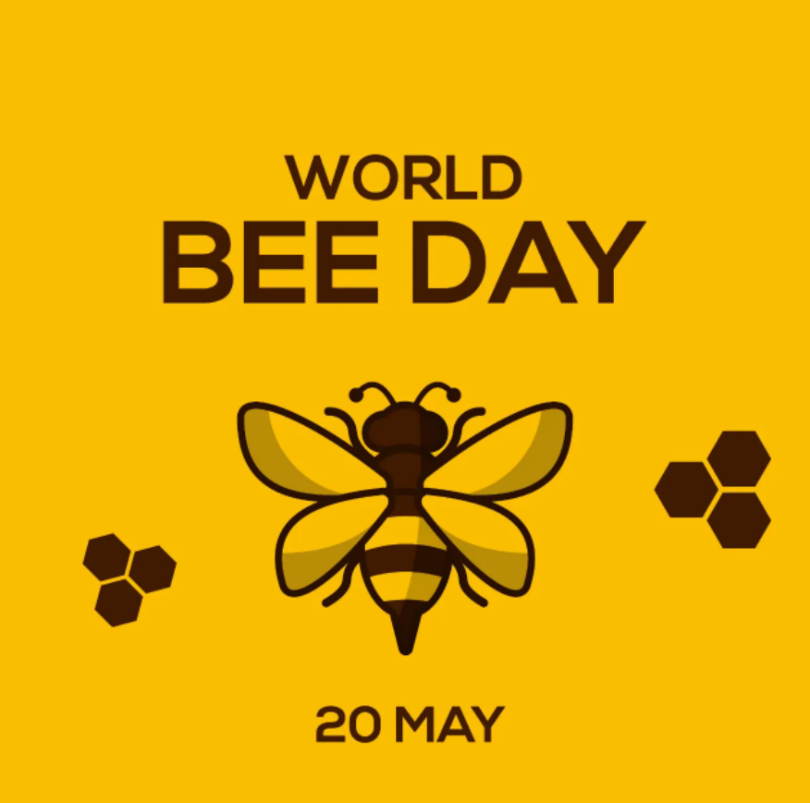Description

Disclaimer: Copyright infringement not intended.
Context
- The Union Agriculture Minister Narendra Sigh Tomar celebrated World Bee Day at Tent City-II, Ekta Nagar, Narmada, Gujarat.
- On the occasion, the minister emphasized the working of government to achieve the Prime Minister’s vision of bringing the “Sweet Revolution” to the country.
- He also inaugurated an exhibition at the venue of the event as well as Honey Testing Laboratories and Processing Units at Pulwama, Bandipur and Jammu in Jammu and Kashmir, Tumkur in Karnataka, Saharanpur in Uttar Pradesh, Pune in Maharashtra and Uttarakhand in a virtual mode from Gujarat.
About World Bee Day
- The United Nations decided to mark May 20 as World Bee Day to commemorate the birth anniversary of beekeeping pioneer Anton Jansa.
- The day aims to recognise the importance of bees and other pollinators in the ecosystem.
- It is observed mainly to raise public awareness about the importance of bees in maintaining biodiversity.
- It also provides an opportunity to organisations, civil societies, and concerned citizens worldwide to promote actions that will protect and improve pollinators and their habitats, increase their population and support the long-term development of beekeeping.
- The World Bee Day 2022 theme is: “Bee Engaged: Celebrating the diversity of bees and beekeeping systems.”
Importance of Bees in the Ecosystem
- Biodiversity: As pollinators, bees play a part in every aspect of the ecosystem. They support the growth of trees, flowers, and other plants, which serve as food and shelter for creatures large and small. Bees contribute to complex, interconnected ecosystems that allow a diverse number of different species to co-exist.
- Wildlife Habitats: Bees are known for their elaborate hives, but they also help build homes for millions of other insects and animals. Their role as pollinators is vital in the growth of tropical forests, savannah woodlands, and temperate deciduous forests. Many tree species, like willows and poplars, couldn’t grow without pollinators like bees.
- Food Source: Bees produce honey to feed their colonies during the cold winter months. Humans have harvested honey for thousands of years, but we aren’t the only ones who consider it a sweet snack. Critters like birds, racoons, opossums, and insects will raid beehives for a taste of nutritious honey (and bee larvae). Bees themselves are also a part of the food chain. At least 24 species of bird, including the blackbird, ruby-throated hummingbird, and starling, prey on bees.
- Wild Plant Growth: It’s not just farm-grown fruits and vegetables that rely on pollinators to thrive. Many species of wild plants depend on insect pollinators as well. Bees are responsible for the production of many seeds, nuts, berries, and fruit, which serve as a vital food source for wild animals.
- Pollination: To germinate, plants require the transfer of pollen from the male part of the flower (the anther) to the female part (the stigma). As bees move from flower to flower in search of nectar, they leave behind grains of pollen on the sticky surface, allowing plants to grow and produce food.
https://www.pib.gov.in/PressReleasePage.aspx?PRID=1827035














